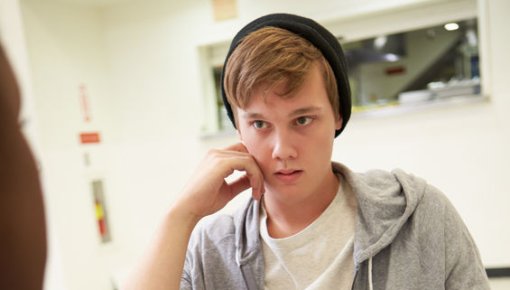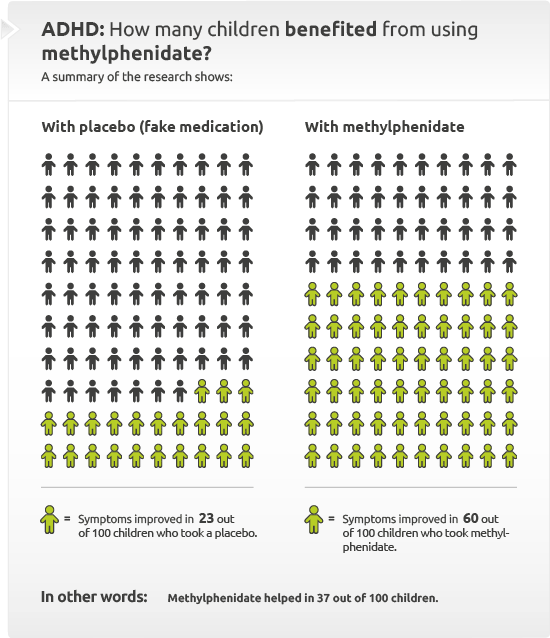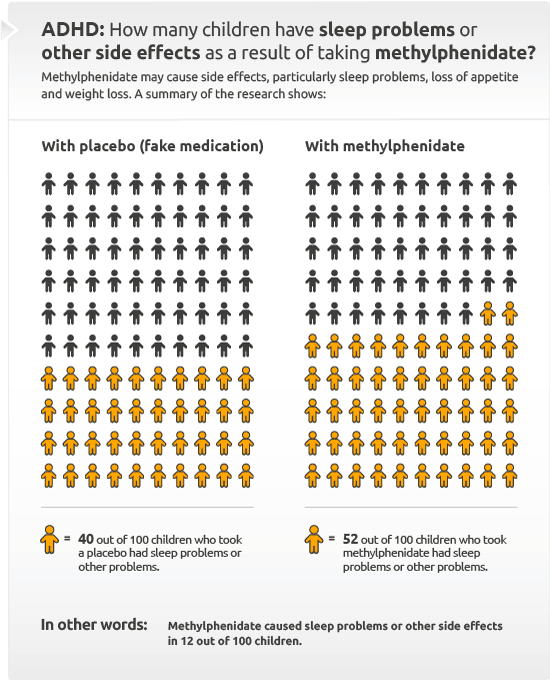Children with ADHD who have psychological treatment will usually have a type of therapy known as cognitive behavioral therapy. “Cognitive” approaches focus on things related to your memory, thoughts and mental abilities. Parents can learn behavioral therapy techniques in parent education programs. They will first use them under the supervision of their child’s therapist. Behavioral therapy typically combines several interventions that focus on changing various aspects of the child’s behavior.
One approach aims to encourage children using reward systems or negative consequences. Here it is important to clearly describe the desired behavior, and it should also be possible to check whether the child behaves in the desired way. In order to give the “behavior plan” a chance to work, you have to stick to it consistently for several weeks. You should therefore make sure it isn’t too much for your child to handle, and avoid trying to change too many types of behavior at the same time.
Another approach involves the use of “time-outs” when children misbehave. In time-outs, children spend a short amount of time in a different room.
Cognitive approaches help children and teenagers to plan and complete tasks more effectively. One example is the use of “when-then sentences.” These are instructions that children come up with themselves in order to practice completing certain tasks. For instance, “When I finish my homework I will look at my timetable and pack my backpack for the next day.” This is an example of a kind of technique known as self-instructional training.
A different technique is known as self-management training. Here children learn how to be better organized. For instance, they may learn to break tasks down into smaller steps, and check how successful they have been by asking themselves questions such as: What do I have to do? What do I need in order to do it? How can I do it? Did I succeed?
Behavioral therapy can be effective, but there isn’t enough high-quality research showing this.
Sometimes therapy needs to be combined with medication in order to manage ADHD effectively. Children and teenagers with ADHD who also have other mental health problems, such as anxiety disorders and depression, may benefit from other psychological treatments too.
Families who would like to have psychological treatment usually have to be patient. It can take several weeks or months to start therapy at a psychotherapy practice.



